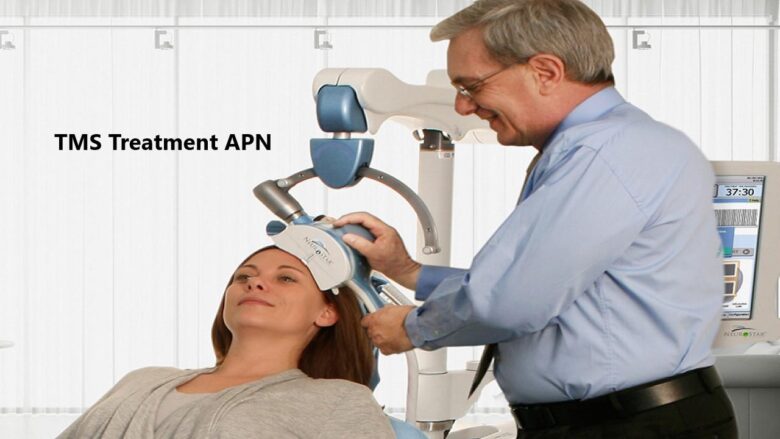
Introduction
In the quest for optimal health and well-being, the relationship between nutrition and genetics has emerged as a fascinating area of study. Nutrigenomics, a field at the forefront of personalized medicine, explores how individual genetic variations influence responses to diet and nutrition. By unraveling the intricate interplay between our genes and the foods we consume, nutrigenomics holds the promise of revolutionizing our approach to nutrition, disease prevention, and personalized healthcare. In this comprehensive article, we will delve into the fascinating world of nutrigenomics, exploring its principles, applications, challenges, and potential implications for the future of health and wellness.
Understanding Nutrigenomics
Nutrigenomics is the study of how individual genetic variations impact the body’s response to nutrients and dietary patterns. It seeks to uncover how genes influence metabolism, nutrient absorption, and utilization, as well as how diet and lifestyle factors can modulate gene expression and function. At its core, nutrigenomics recognizes that one-size-fits-all dietary recommendations may not be suitable for everyone, as genetic differences can result in varying responses to specific nutrients and dietary patterns.
Key Principles of Nutrigenomics
Several key principles underpin the field of nutrigenomics, shaping our understanding of the complex relationship between nutrition and genetics:
Genetic Variability:
Individuals inherit unique genetic variations that can influence their nutritional requirements, metabolism, and susceptibility to certain diseases. These genetic differences can impact how the body processes and utilizes nutrients, as well as how it responds to dietary interventions.
Gene-Nutrient Interactions:
Nutrigenomics explores how specific nutrients and dietary components interact with genes to influence gene expression, metabolism, and physiological processes. Certain nutrients may activate or suppress gene activity, leading to changes in cellular function and health outcomes.
Personalized Nutrition:
By analyzing individual genetic profiles, nutrigenomics aims to tailor dietary recommendations and interventions to match an individual’s genetic makeup. Personalized nutrition strategies can optimize nutrient intake, minimize disease risk, and promote overall health and well-being.
Applications of Nutrigenomics
Nutrigenomics has a wide range of applications across various domains of health and wellness, including:
Personalized Nutrition Plans:
Nutrigenomics enables the development of personalized nutrition plans based on an individual’s genetic profile, dietary preferences, and health goals. These tailored recommendations can optimize nutrient intake, address nutrient deficiencies, and mitigate genetic predispositions to certain diseases.
Disease Prevention and Management:
By identifying genetic risk factors for specific diseases, nutrigenomics can inform targeted dietary interventions aimed at reducing disease risk and improving health outcomes. Nutrigenomic approaches may be particularly beneficial for chronic diseases such as obesity, diabetes, cardiovascular disease, and certain cancers.
Nutrigenomic Testing:
Advances in genomic technology have made it possible to analyze individual genetic profiles and identify genetic variations related to nutrition and health. Nutrigenomic testing allows individuals to gain insights into their genetic predispositions, nutrient metabolism, and personalized dietary needs, empowering them to make informed decisions about their health.
Nutritional Supplements and Functional Foods:
Nutrigenomics research informs the development of nutritional supplements and functional foods tailored to specific genetic profiles and health objectives. These targeted interventions may contain bioactive compounds or nutrients that modulate gene expression and support optimal health outcomes.
Challenges and Considerations
While nutrigenomics holds great promise for personalized nutrition and healthcare, it also presents several challenges and considerations that must be addressed:
Genetic Complexity:
The relationship between genetics and nutrition is complex, involving multiple genes and gene-nutrient interactions that influence health outcomes. Understanding the nuances of these interactions requires sophisticated genomic analysis and interpretation.
Ethical and Privacy Concerns:
Nutrigenomic testing raises ethical concerns related to privacy, consent, and the potential misuse of genetic information. Safeguarding genetic data and ensuring informed consent are critical to protecting individual autonomy and privacy rights.
Limited Evidence Base:
Despite advances in nutrigenomics research, there is still a limited evidence base supporting the efficacy and long-term health outcomes of personalized nutrition interventions. Further research is needed to validate nutrigenomic findings and elucidate their clinical significance.
Accessibility and Affordability:
Nutrigenomic testing and personalized nutrition services may be inaccessible or prohibitively expensive for many individuals, limiting their widespread adoption and potential impact on public health.
Future Directions
As nutrigenomics continues to advance, several emerging trends and future directions are shaping the field:
Integration with Digital Health Technologies:
Nutrigenomics is increasingly being integrated with digital health technologies, such as mobile apps, wearable devices, and telemedicine platforms, to deliver personalized nutrition interventions and support remote monitoring and counseling.
Precision Nutrition:
The concept of precision nutrition, which involves tailoring dietary recommendations to individual genetic, metabolic, and lifestyle factors, is gaining traction as a key approach to optimizing health outcomes and preventing disease.
Multi-Omics Approaches:
Integrating nutrigenomics with other omics disciplines, such as metabolomics, proteomics, and microbiomics, allows for a more comprehensive understanding of how diet and genetics influence health and disease risk.
Public Health Initiatives:
Nutrigenomics has the potential to inform public health initiatives aimed at addressing population-level nutrition challenges and reducing the burden of diet-related diseases. By identifying genetic factors that contribute to nutritional disparities, policymakers can develop targeted interventions to promote health equity and improve population health outcomes.
Conclusion
Nutrigenomics represents a groundbreaking approach to understanding the intricate relationship between nutrition and genetics and holds immense potential for transforming personalized nutrition and healthcare. By leveraging advances in genomic technology, bioinformatics, and personalized medicine, nutrigenomics offers insights into individual genetic variations that can inform targeted dietary interventions, optimize health outcomes, and empower individuals to take control of their health and well-being. While challenges remain, the continued advancement of nutrigenomics research and technology promises to revolutionize our approach to nutrition, disease prevention, and personalized healthcare in the digital age.


